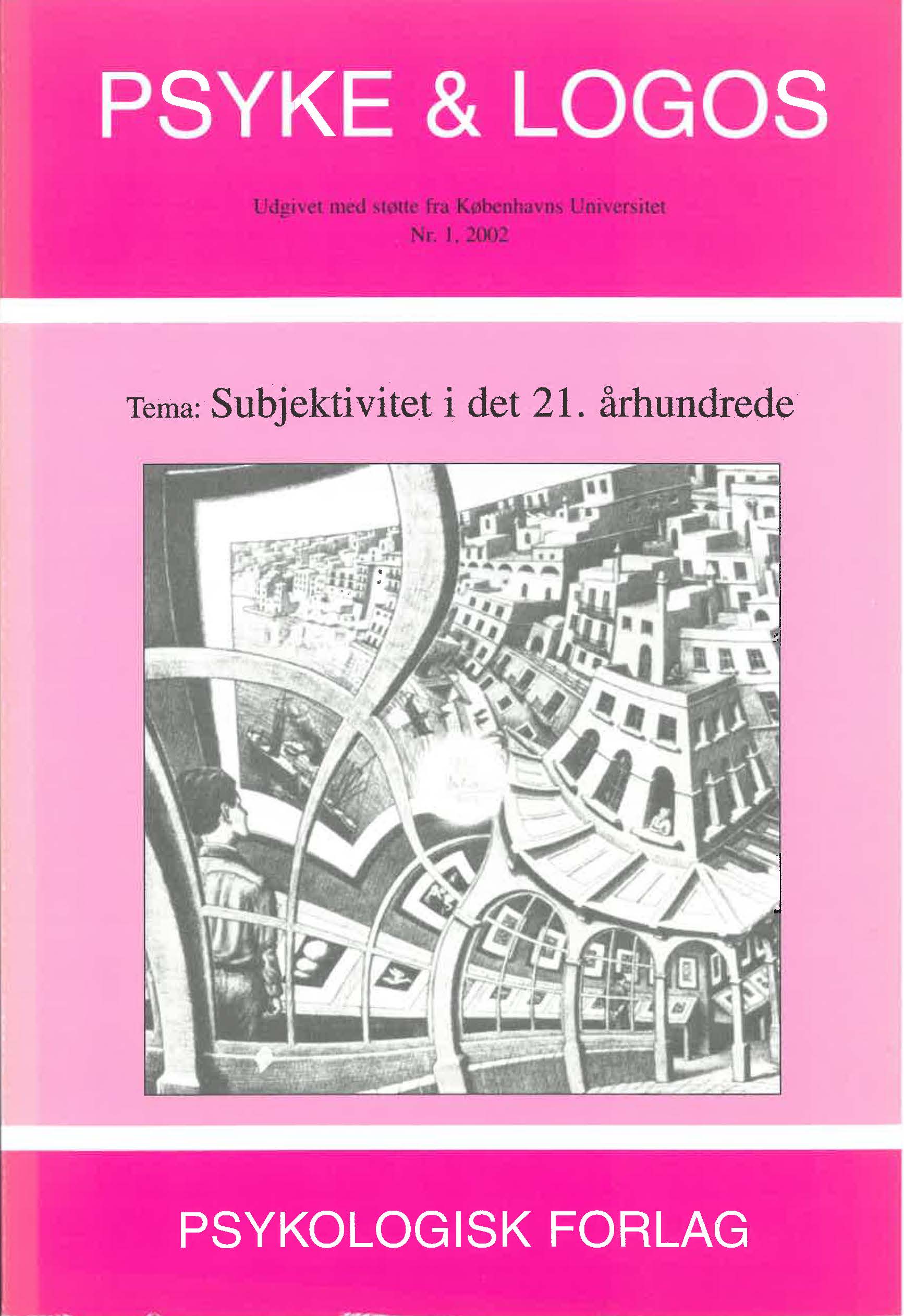CONDITIONS FOR THE INTER-SUBJECTIVITY OF PUBLIC KNOWLEDGE AND PERSONAL EXPERIENCE
DOI:
https://doi.org/10.7146/pl.v23i1.8583Keywords:
Subjectivity, Inter-subjectivity, Cognition, Public knowledge, Personal experienceAbstract
Following a discussion of the status of our cognition and description of things in publicly observable physical material reality, and of our internal states, such as our thoughts, emotions and feelings of pain, it is argued that conditions exist which apply equally for the inter-subjectivity of cognition and description of both publicly observable things and internal states. It is shown that on these conditions rests the possibility of persons together developing criteria or standards for determining and distinguishing between what is and what is not publicly observable. These same conditions, so I argue, rule out any consistent notions of private cognition and languages. On these conditions, furthermore, relies the possibility of persons talking about their individual differences – concerning both what is and what is not publicly observable, and thus for a person to be a person different from other persons. The paper concludes by outlining the consequences for constructivist and traditional Cartesian assumptions on the acquisition and development of cognition and language which underly present day Cognitive Science.
Downloads
Published
How to Cite
Issue
Section
License
Ophavsret er tidsskriftets og forfatternes. Det er gældende praksis, at artikler publiceret i Psyke & Logos, som efterfølgende oversættes til andet sprog, af forfatteren frit kan publiceres i internationale tidsskrifter, dog således at det ved reference fremgår, at den oversatte artikel har et forlæg i en dansksproget version i Psyke & Logos. Artikler kan frit deles og linkes til på forsknings- og undervisningsnetværk (så som Blackboard). Link foretrækkes, fordi det giver oplysning om brug af tidsskriftets artikler.




